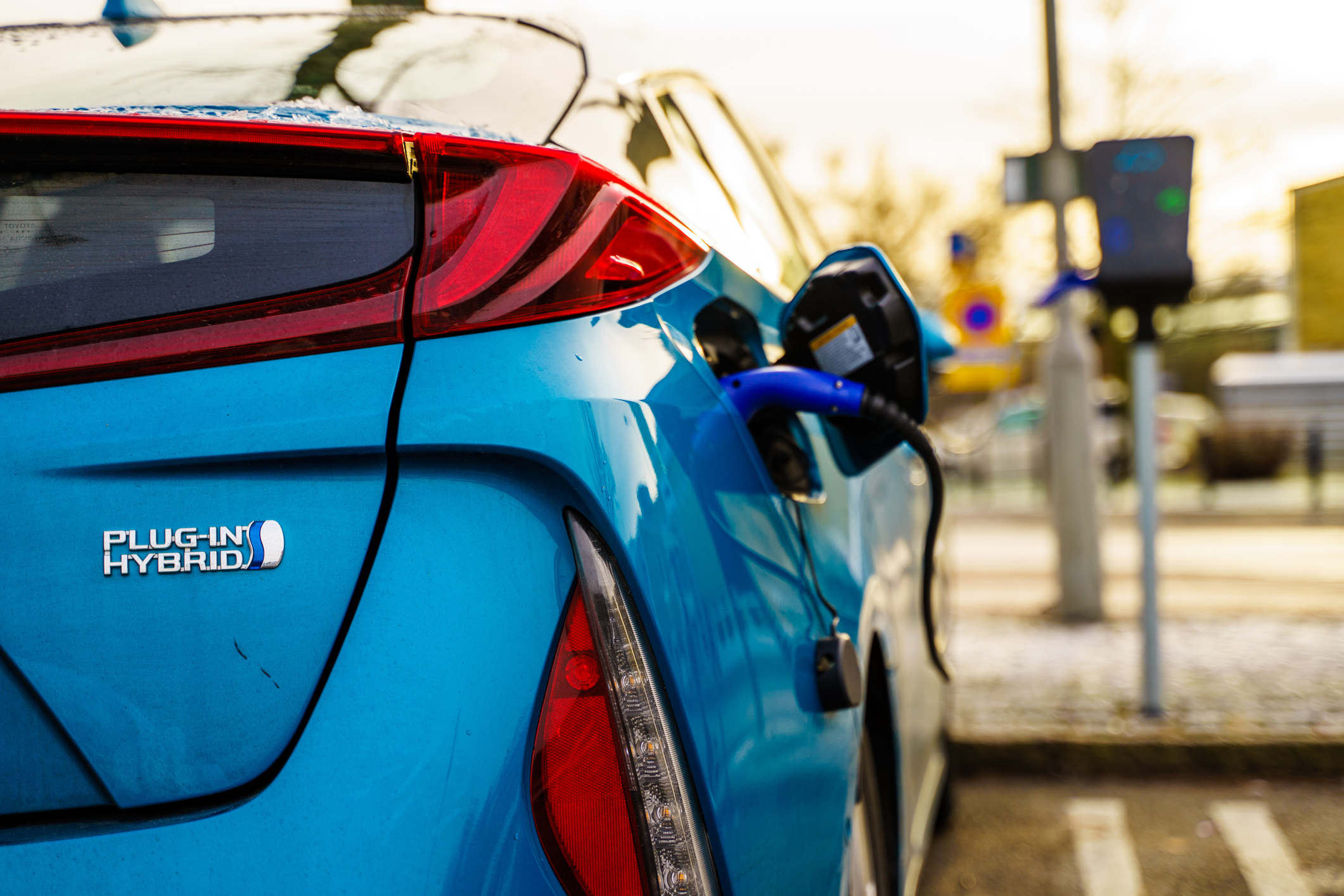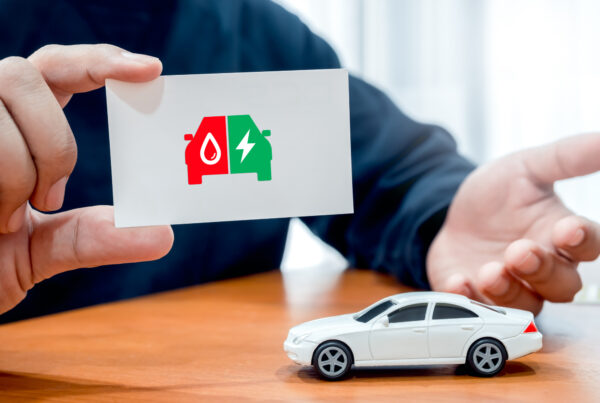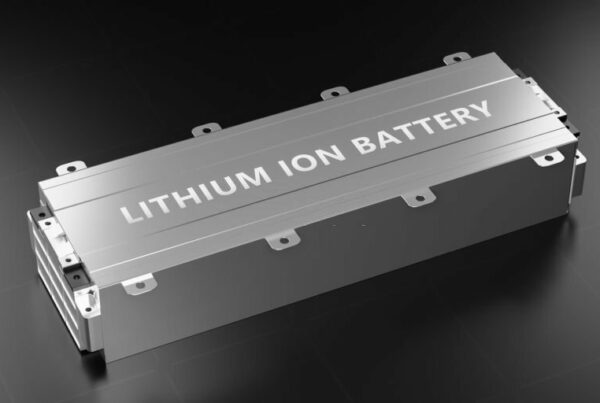The automotive industry is urging the government to extend fringe benefits tax (FBT) exemptions for plug-in hybrid vehicles (PHEVs) amid increased sales of these cars. The FBT exemption for PHEVs is set to expire on 1 April 2025, after which only fully electric vehicles will be eligible.
Recent sales data reveal that car buyers seeking low-emission options are increasingly opting for hybrid vehicles over fully electric ones. As of June 2024, PHEVs make up 14.4 percent of the market compared to 7.8 percent in the same period last year.
In a report from ABC News, Motor Trades Association head Matt Hobbs said that PHEVs play a crucial role in the current market.
“Battery electric vehicles are great, but not for every vehicle type. This is where plug-in hybrids for larger vehicles and utes will play such an important role in making sure we can get better and more fuel-efficient vehicles on the road,” Hobbs said.
Rohan Martin, CEO of the National Automotive Leasing and Salary Packaging Association, highlighted the impact of the “electric car discount” legislation passed in 2022.
“Since the ‘electric car discount’ was passed, there has been a significant uptake in electric vehicles acquired on novated leases. About 40 to 45 percent of all electric vehicles in Australia were acquired through a novated lease, from a very low number before the legislation,” Martin explained.
However, Martin warned that ending government incentives could negatively affect demand.
“Without that incentive in place, we think there will be a significant drop in [plug-in hybrid] sales. It could disincentivise those considering electrified vehicles, particularly larger ones,” he added.
The federal government’s new climate laws for the automotive industry mandate that car manufacturers must sell cleaner or more fuel-efficient cars each year or face penalties for exceeding emission limits.
In this context, Hobbs argued that the government should reconsider its decision to end tax benefits for PHEVs.
“The government has set a challenge for the industry to decarbonise. Now they’ve got it, we need to give industry the tools and consumers the incentives,” he said.
Hobbs further asserted that plug-in technology for larger cars is essential for carmakers to meet their emissions obligations until battery technology advances sufficiently.
Did you find this article interesting? Click the ‘heart’ button to give it a ‘like’!


















